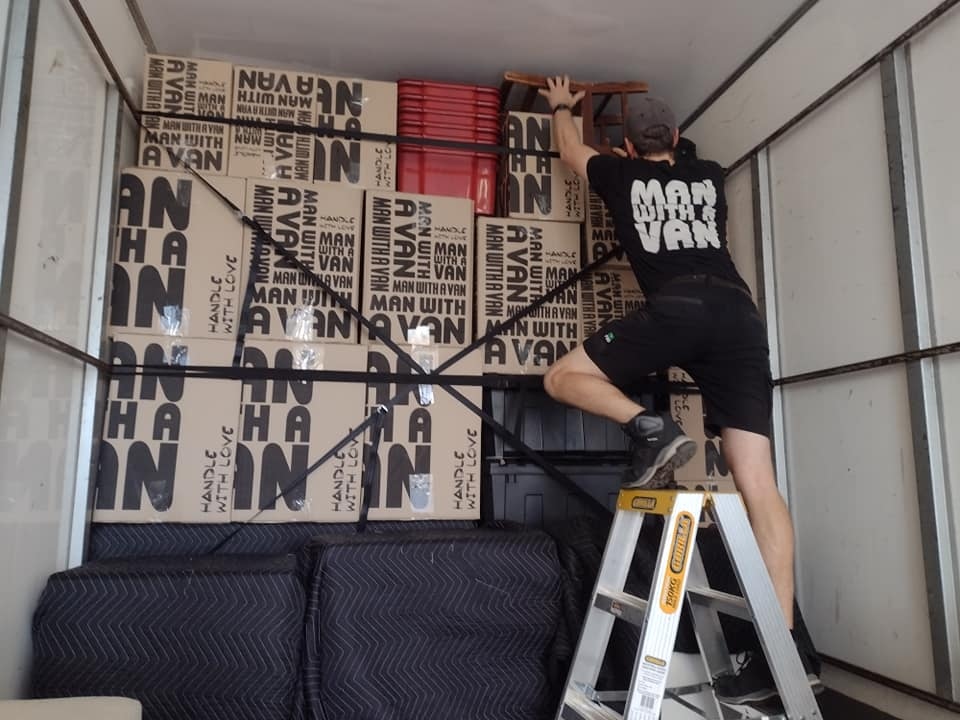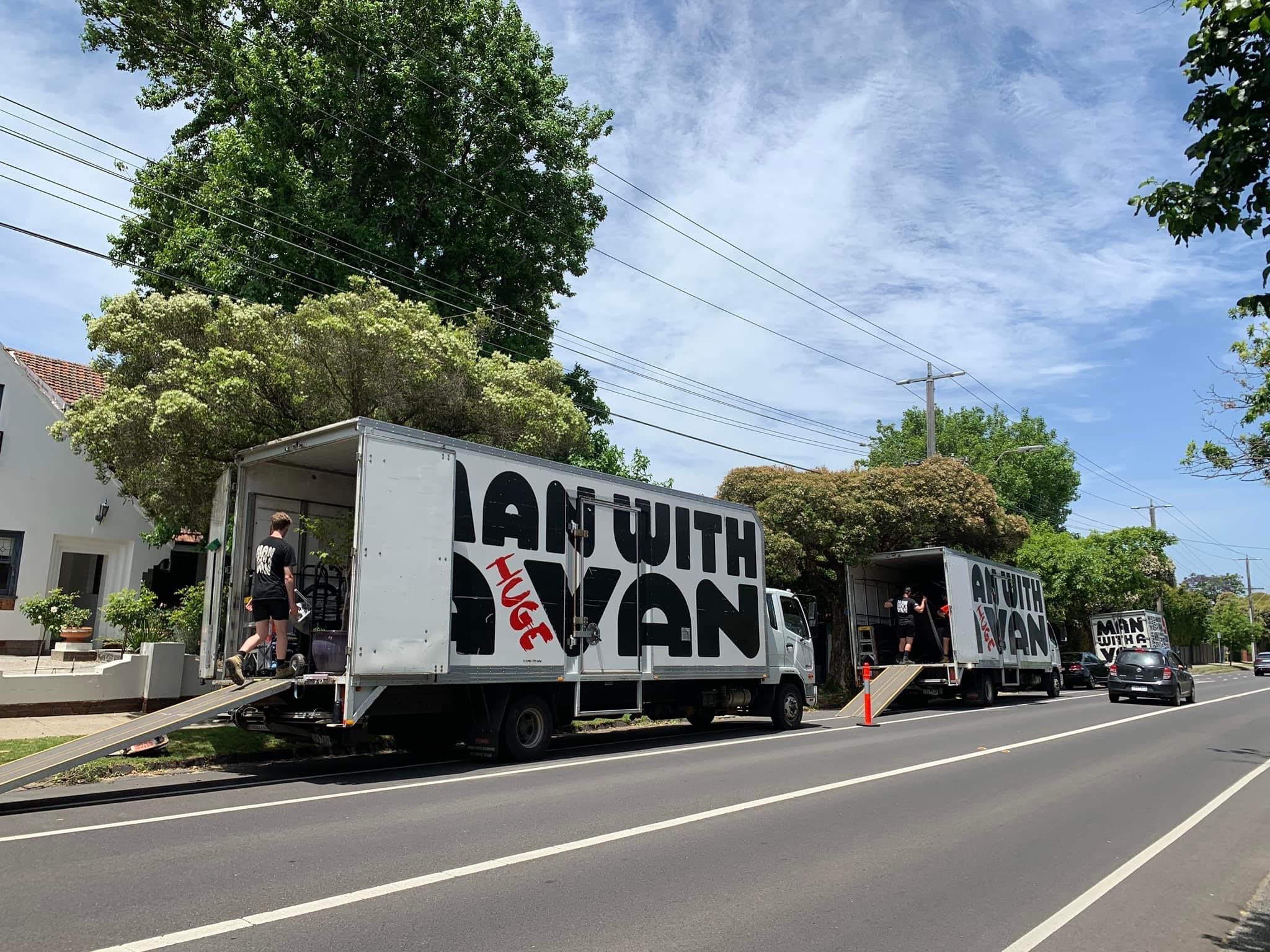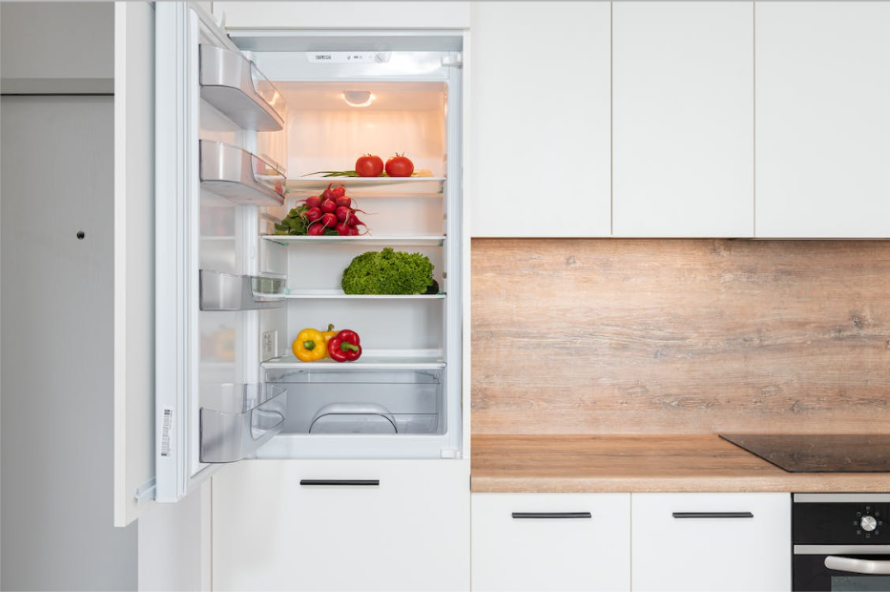Most people associate stress with moving, but what’s often overlooked is the strain placed on the environment with everything that’s involved in the process. But moving doesn’t have to be an environmental hindrance. In fact, it can be a great opportunity to re-think your carbon footprint and put eco-friendly measures in place for during and after the move.
1. Use secondhand moving boxes and then pass them along.
Moving boxes are about $5 a pop. Why not seek out pre-used boxes and then pass them on to someone else in need when you’re done. If you can’t find pre-used boxes, there are plenty on the market made out of recycled materials, including the ones we sell at our Box Shop.
2. Switch to a green energy provider
Moving is a good excuse to seek out a more environmentally conscious energy provider. The ‘Green Electricity Guide’ is a great online resource for comparing the performance of Australian electricity providers.
3. Prepare meals in the lead-up
Prepping and freezing meals for the packing and unpacking period is a wise idea. Not only will it save you time and headspace, but it will also save your back pocket and the environment by avoiding excess takeaway costs and wastage.
4. Re-home or donate your pre-loved goods
Not sparking joy? Preparing to move is the right time to re-evaluate your possessions — in other words, time to cull. Rather than simply throwing items out, donate clothes and household goods that are in decent condition to a local charity. See our article on where to donate in Melbourne.
Leave garden care instructions for the next residents
Leaving a beloved garden behind? Every garden is different, why not leave a short note for the new residents on how to best take care of the space. If your real estate agent isn’t keen on you leaving it on the property, it won’t hurt to ask them to pass it on.
6. Dispose of older appliances responsibly
Planet Ark publishes helpful online guides on correct disposal of whitegoods and other appliances. They also have useful info on disposing of paints, lighting, batteries and excess garden waste.
7. Use towels and blankets instead of bubble wrap
It’s no secret that bubble wrap puts an enormous strain on the planet, from its manufacturing to its eventual destination in landfill. Towels and blankets are a great alternative to protect larger items. For smaller pieces, ask your newsagent for outdated newspapers, which are easily recycled.
8. Switch to energy efficient lighting
Moving into a new property is a good chance to think over the lighting situation. Compact Fluorescent Lamps (CFLs) and Light-Emitting Diodes (LEDs) are popular choices for energy-saving, and while they might cost more up front, they will save you (and the planet) in the long run.
9. Update your addresses and go paperless
Don’t forget to contact your friends and service providers to update your address. This will prevent the new residents being bombarded with your mail. You should also consider going paperless by opting for email statements and bills, if possible.
10. Use eco-friendly cleaning products
With so many eco-friendly cleaning products available at all major grocers, consider switching to these non-toxic options if you haven’t already. Vinegar, lemon, and bicarbonate are fantastic natural solutions for cleaning that are easy on the environment as well as your health.
Man With A Van has an ongoing partnership with Greenfleet and have been offsetting their fleet’s carbon emissions since 2006. Click here to find out more.
More of

Moving House Tips & Hacks
Make moving house easy with expert tips & hacks from Man With A Van. Save time, reduce stress, and streamline your move with our practical advice.
Read more
How Much Does it Cost to Move a House in Melbourne
Curious about house moving costs in Melbourne? Discover the factors that affect pricing and get a breakdown of typical expenses for relocating your home.
Read more
How to Move a Fridge: A Comprehensive Guide
Moving a fridge is a tricky business. Save damaging your fridge, and your back - learn the best tips and tricks with our comprehensive guide.
Read more